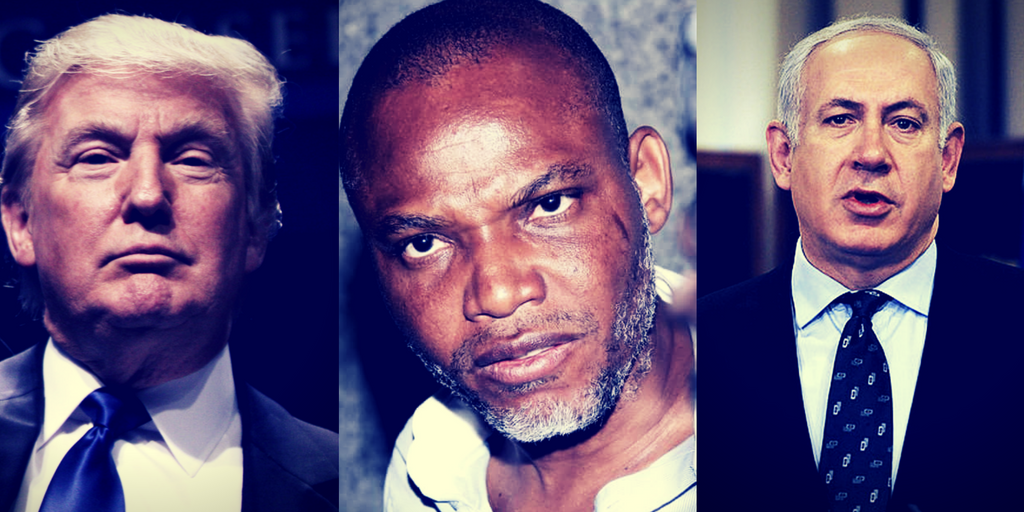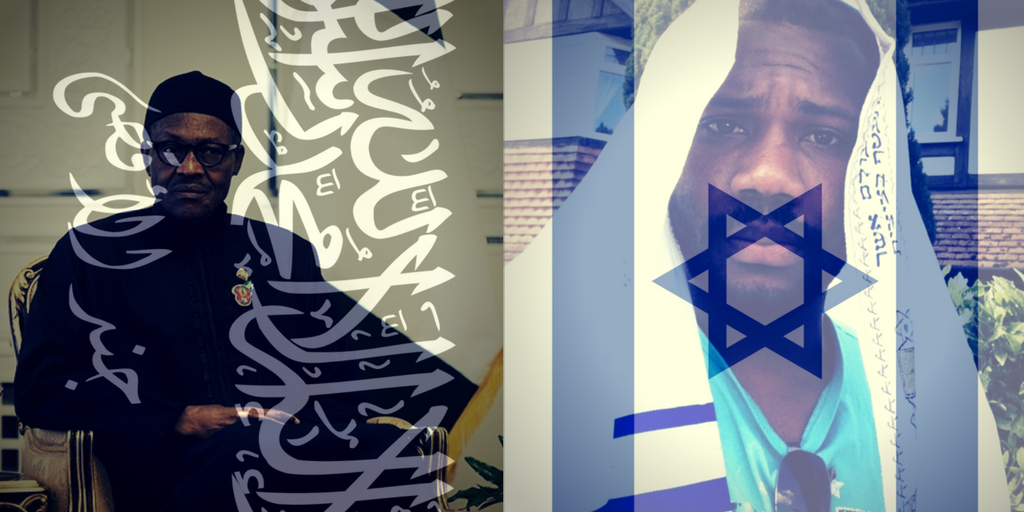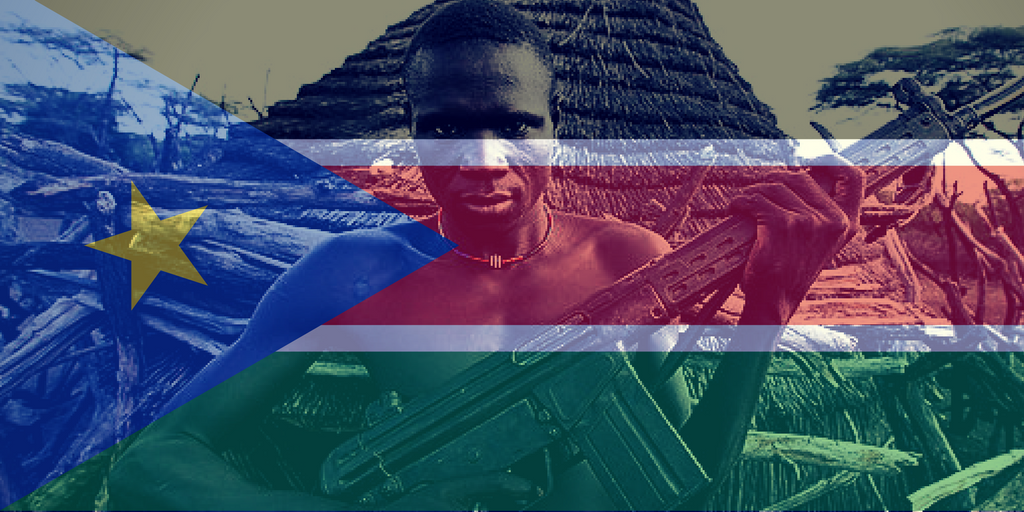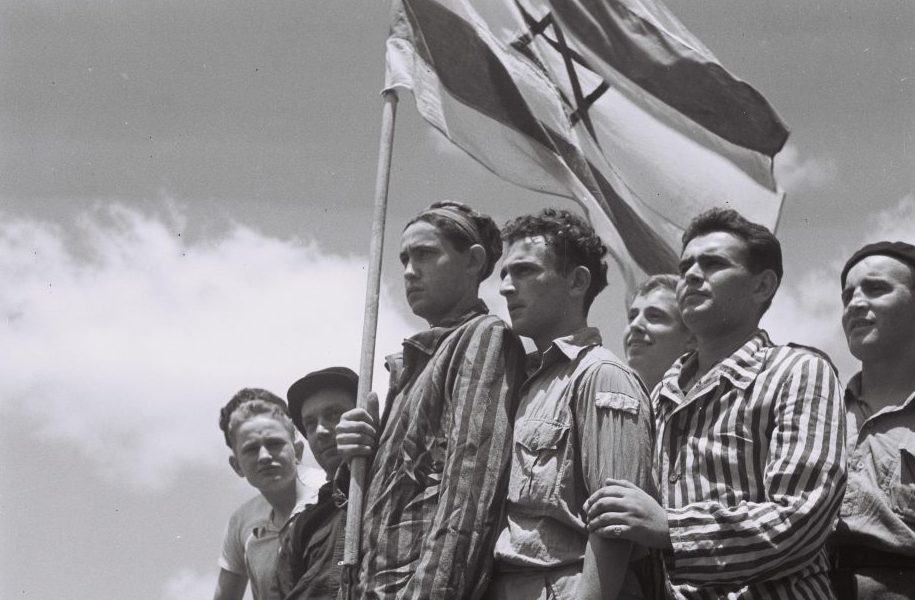Most Africa observers believe Donald Trump will ignore the continent or at the most put the relationships Presidents Obama and Bush had built there on the back burner. While it’s true Trump does not see Africa as the central plank to his foreign policy, his black and white views of the world in regards to radical Islam may prove to be a perfect lens on how he will deal with the African continent.
Right now, the main way the USA fights radical Islam on the African continent is through Africom. Africom, is one of six of the US Defence Department’s “geographic combatant commands and is responsible to the Secretary of Defense for military relations with African nations.” Given the fact that Africom works with a number undesirable leaders, the main one being President Buhari of Nigeria, Trump may decide to tweak these relationships due to leaders like Buhari who are compromised by radical Islamic ties.
Israel as a Key Player
As Israel makes serious inroads into both West and East Africa in regards to trade and security, they are the ideal partner in building a force for tackling radical Islam. Israel already has deep security relationships with Kenya, Ethiopia, Rwanda, Uganda, South Sudan as well as Ghana and now Togo. With these deepening ties, the Trump administration would be wise to connect Africom to Israel’s presence in these areas.
Biafra Will Be The Test for Trump
If Trump is serious about fighting radical Islam then the first thing he needs to do in Africa is to break direct relations with the Buhari government in Nigeria. Buhari is a known smypathizer of radical Islam and supports the spread of Sharia Law south of the Sahara. Furthermore, Biafra, the region made up of a unique Judeo-Christian culture dominated by the Igbo tribe was forcibly fused together by the British with the Yaruba and the Muslim Hausa in the North to form Nigeria in 1914.

Map of Biafra
Biafra has been continuously oppressed by their Muslim rulers for not following Sharia. Buhari utilized his friendship with Obama to gain powerful weapons and instead of using them to destroy ISIS affiliated groups he has turned his guns on the south through proxies like the Muslim Fulani herdsman. Thousands of Igbo have been put into jail, including IPOB leader Nnmadi Kanu for treason.
Trump can roll back radical Islam by using Israeli networking, relationships, and weapons to help liberate Biafra from radical Islam and create the first Judeo-Christian republic in West Africa.
[huge_it_share]








